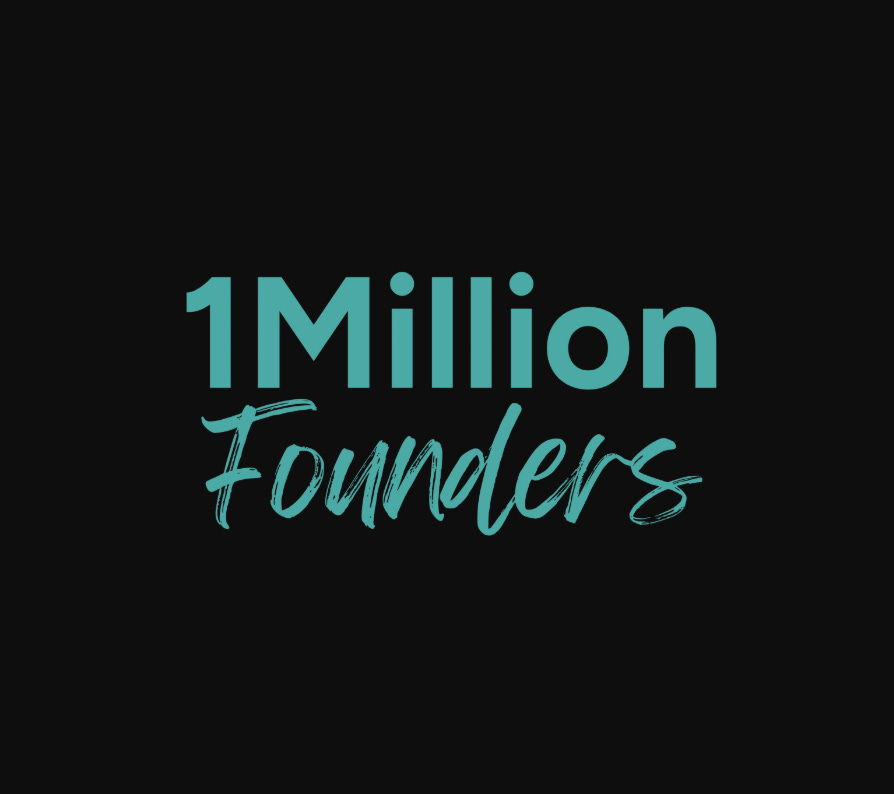The Real AI Revolution: Not one-person unicorns. But million one-person startups.
This Week in Products,
Yesterday, TechCrunch ran a story with this attention-grabbing hook: After Shopify bought his last startup, Birk Jernström wants to help developers build one-person unicorns.
Polar, the startup that Birk’s now building, calls itself a “monetization platform to empower one-person unicorns.”
With just a few lines of code, Polar handles global billing and tax ops for indie builders, letting them focus entirely on their product. VC firm Accel led their $10M seed round.
There’s even a mention of a betting pool among Sam Altman and friends, guessing the year we’ll see the first one-person billion-dollar company.
But here’s the thing. Why does it always have to be about a billion-dollar valuation?
The Wrong North Star
Silicon Valley and our own Indian media still use unicorn status as the primary success metric. And that’s a problem. Because if we keep measuring everything against billion-dollar outcomes, we ignore what AI is truly enabling.
Not one one-person unicorn. But a million “sustainable” one-person startups.
With each startup deeply embedded in a niche. And designed not for unsustainable scale, but for empowering millions of builders to become entrepreneurs and masters of their own lives.
Let me explain the vision… Read on.
Naval Saw This Coming
Famous Silicon Valley investor, Naval Ravikant, predicted this over a decade ago. In a now-viral clip from 2012, he said:
“the size of your average company is going to decrease. We’re going to see more and more billion-dollar businesses built by four or five people, and it’ll stay at that.”
But Naval’s point wasn’t just about lean billion-dollar companies. It was about the shrinking “efficient size” of any business and how products, in particular, will be loosely tied to each other.
“…the future will be almost all startups. I think most of the world and most businesses will adopt the startup mentality in the sense that there will be small companies loosely connected and coupled to each other, almost through APIs or processes for their needs.”
That’s the model, and it’s no longer hypothetical. For instance, if you take three founders building products in the HR world:
One founder builds an AI resume writer.
Another founder builds a job simulator that tests skills.
Someone else creates a career coach chatbot.
On their own, these are simple apps with their own niche user bases. But connected together, they become a decentralized and intelligent HR stack ecosystem without ever needing a parent company to tie them together.
How AgentsAI Enables Solo Founders
We’re now beyond Naval’s 2012 vision of “small companies loosely connected via APIs.” In the old world, building a product meant stitching together code, infra, billing, support, and marketing manually. You needed a team. Sometimes a cofounder. Often, funding. Today, agentic AI is changing the game.
In the post-AI world of 2025, the stack is evolving into something far more dynamic with A2A (Agent-to-Agent) and MCP (Model Context Protocol).
MCP allows AI systems to share contextual information dynamically and securely.
A2A protocols enable autonomous agents to negotiate, transact, and operate with other agents without intermediaries.
These standardised protocols enable AI agents of different services and products to communicate, collaborate, and transact autonomously, weaving an intricate, decentralized fabric that supports the ultra-lean startup model.
I’ve extensively written about M2P and A2A protocols in my previous newsletters.
Read…
1. AI’s Next Big Leap Isn’t an LLM Model. It’s MCP - backed by Google, Anthropic & OpenAI
2. Microsoft joins Google's A2A party. AgenticAI's future gets a lot more real!
What this actually means: It’s not just software talking to software anymore. Solo founders can now plug into vast autonomous AI-powered ecosystems, outsourcing everything from sales and marketing to support, to AI agents of various products or services. Founders can instead focus on the core unique value of their product.
Here’s my thesis for the future
AI might someday enable the one-person unicorn. But what it’s already enabling is more powerful: A million one-person startups.
And that’s the real revolution.
With AI, every solo founder can now ship a SaaS app, write onboarding flows, optimize landing pages, set up payments, and automate support, all as a solo act.
You don’t need a cofounder. You don’t need to hire. You just need to know:
What to build
Who is it for
Where the value lives
And here’s the kicker. Every solo founder is building tools for the next one to add value to the product ecosystem. This is the “startup stack” for the AI-native age.
A network of interoperable, monetizable mini-businesses.
This is how the “middle class of software” is built to empower a million founders. Not just a handful of unicorns.
📬I hope you enjoyed this week's curated stories and resources. Check your inbox again next week, or read previous editions of this newsletter for more insights. To get instant updates, connect with me on LinkedIn.
Cheers!
Khuze Siam
Founder: Siam Computing & ProdWrks




